Court of Arbitration for Sport upholds FEI Tribunal Decision imposing 10-year suspension for horse abuse case
Following lengthy appeal proceedings, the Court of Arbitration for Sport (CAS) has confirmed and upheld the FEI Tribunal’s decision in the case against Andrew Kocher delivered in June 2021, which saw the US Athlete suspended for 10 years for the use of electric spurs on several horses throughout a prolonged period of time.
Other sanctions in the FEI Tribunal decision rendered two years ago, also included the disqualification of results from eight FEI events between June 2018 and November 2019 where evidence supported the athlete’s use of electric spurs on horses, alongside a CHF 10,000 fine and legal costs to the amount of CHF 7,500. Kocher appealed the said FEI Tribunal decision on 1 July 2021, seeking to eliminate or otherwise reduce the sanctions imposed.
The FEI Tribunal decision was the result of a lengthy investigation by the FEI, starting in June 2020 following allegations of electric spur use reported to the independent Equestrian Community Integrity Unit (ECIU). It was alleged that Kocher had used electric spurs on a number of FEI registered and national horses in international and national events, and during training.
Upon the conclusion of the investigation, the FEI formally opened disciplinary proceedings against Kocher in October 2020. During the proceeding before the FEI Tribunal, it was also discovered that Kocher instructed his employees to use the electric spurs on specific horses. For that purpose, Kocher provided to his employees several electric spurs devices which he manufactured himself.
In its decision, the CAS Panel reached the same conclusion as the FEI Tribunal, to the effect that a ten-year suspension was merited, during which Kocher is barred from participating in or attending, in any capacity, including as a spectator, any competition or event that is authorised or organised by the FEI or any National Federation. The provisional suspension served by Kocher since 28 October 2020 shall be credited against this period of suspension, which will therefore come to an end on 27 October 2030. The CHF 10,000 fine was also upheld and Kocher is furthermore ordered to pay costs of CHF 7,500.
“We are extremely satisfied with this outcome and that the sanctions the FEI Tribunal imposed, to reflect the severity of the offenses committed by Mr Kocher, have been upheld by CAS”, said FEI Legal Director Mikael Rentsch.
“It may have taken two years to complete this process, but it confirms that we had the right decision to start with, and that there is no room for leniency when it comes to cases of horse abuse.
“We have rules and regulations in place to protect the integrity of our competitions and the wellbeing of our horses, and when these rules are breached and their welfare is jeopardised, we will continue to seek to impose maximum sentences.”
The full CAS decision is available here.
The FEI Tribunal Decision is available here.
When Tradition meets Technology: Pivo joins FEI as Official Training Technology Partner
Pivo Inc., the Silicon Valley based company behind the AI powered smartphone mount for the creation of hands-free motion tracked videos, has become the Official FEI Training Technology Partner.
The Pivo Pod, an AI-powered smartphone mount and performance tracking tool, has become the equipment of choice for many equestrians around the world looking to improve their riding skills. Designed for indoor and outdoor use, the mount works in tandem with a powerful application which can be downloaded for free on any smartphone.
"Today represents a significant milestone for Pivo, and we are pleased to join forces with the FEI, which shares our unwavering commitment to enriching the experience for equestrian enthusiasts worldwide," CEO of Pivo Ken Kim said.
"Pivo's journey has been an extraordinary one. We started with a versatile and fun product, which has now evolved into a specialised solution catering to a dedicated community who share a passion for equestrian as both a sport and a lifestyle at all levels.
“The equestrian community was quick to recognise Pivo’s potential and we were surprised and delighted when riders, both amateur and professional, embraced our technology. The community’s suggestions – provided through user-generated content on social media – were instrumental in shaping our specific line of Pivo products that now exists for equestrians.
“Our customers are at the heart of everything we do, and this collaborative spirit and dedication have been pivotal in shaping Pivo into the powerful tool it is today. Our mission now is to help 'make equestrians the best version of themselves,' and this collaboration with the FEI is a testament to the realisation of that vision.”
Pivo has already made significant inroads in major markets, including France, Germany, the UK, USA, and Australia, where riders have wholeheartedly embraced this transformative solution.
The AI-powered smartphone mount and accompanying software is designed to detect the horse and rider, and ensure that the rider stays perfectly centred in the frame. And while the Smart Capture function allows riders to take photos of themselves through voice commands, the Auto Zoom and Auto-Alignment features guarantee the capture of smooth and seamless training videos.
It is also possible to make video calls with the Horse Tracking function, so that coaches can offer real-time feedback through remote lessons.
"Our collaboration with Pivo is proof that tradition and technology can come together easily to enhance the equestrian experience," FEI Commercial Director Ralph Straus affirmed.
"Pivo's commitment to providing riders with exceptional tools for improving sporting performances, while ensuring accessibility for every equestrian enthusiast, has added unique value to our industry.
“Over the years, Pivo has seamlessly integrated into the equestrian lifestyle, and has earned the trust and respect of equestrians around the world for the user-friendliness and adaptability of its products. As a company, Pivo has demonstrated a great deal of authenticity in its development style and a talent for simply listening.
"The nature of commercial partnerships is changing, and the economic environment we are currently operating in requires a great deal of adaptability and flexibility. We are proud to be partnering with a company that is truly in tune with our community, has their ear to the ground with regards to what equestrians need and want, and is willing to take the necessary creative risks to be a game changer for our sport.”
With a passionate team of approximately 30 developers, Pivo is now looking forward to collaborating further with a broader cross section of the equestrian community, to seek insights to drive the development of their products.
From a development and growth perspective, Pivo is also considering ways to expand their team by welcoming skilled technicians with first-hand equestrian experience to steer the course of future innovations.
Equestrian Athlete Suspended for the Presence of D-Amfetamine
FEI launches Accessibility Guide for Event Organisers
Equestrian rider becomes second Belarusian athlete to receive humanitarian visa from Poland
Equestrian rider Olga Safronova has become the second Belarusian athlete to receive a humanitarian visa from Poland after she publicly criticised the Belarusian Government.
“Helmet Bounty Scheme” enhancements to aid concussion management
Dispute resolution at the London 2012 Olympic Games, part 1
Published Wednesday, 05 September 2012.
First London 2012 case for Court of Arbitration for Sport ad hoc Division - SA told to include Peternell
Published Wednesday, 25 July 2012.
Corruption in horse racing – nay not again!
Published Wednesday, 01 February 2012.
FEI Working Group proposes key changes to equestrian helmet testing standards
An international expert panel gathered by the FEI Medical Committee has put forward a set of key proposals to strengthen the current testing standards for equestrian helmets as a means to enhance the safety of athletes in equestrian sport.
Tasked with reviewing current equestrian helmet testing standards and related scientific literature, the FEI Helmet Working Group was established in April 2023 and is made up of a panel of international experts including engineers, standards experts, medical doctors, helmet manufacturers, athletes and representatives from horse racing.
“While the FEI continues to work on reducing horse and rider falls, measures are needed in parallel to reduce the risk of significant injury when falls do occur. The FEI Helmet Working Group focused on how helmets could be even more effective at reducing the risk of serious head injuries,” FEI Medical Committee Chair Dr. Mark Hart explained.
“There are currently different testing standards around the world for equestrian helmets, with different criteria. Moreover, some of the protocols currently used for testing helmets may not reflect the research and technological advancements that have been made over the past several years.
“Helmet requirements are very sport specific. And, as the International Federation for equestrian sport, we believe that it is our duty to take the lead on assisting manufacturers with creating helmets that specifically cater to the demands of our sport and better protect our athletes’ heads.
“The Working Group has diligently reviewed the existing testing standards as well as the relevant scientific literature, and we are confident that their conclusions will provide a clearer and more robust framework for manufacturers producing helmets in the equestrian industry.”
Following an initial in-person meeting and frequent online discussions, the FEI Helmet Working Group arrived at the following key conclusions:
- Scientific testing criteria needs to be improved through new computer modelling and simulations which better reflect real life accidents. This will allow for a change in helmet standards that offer athletes better protection from head injuries.
- Additional testing measures and updated brain energy transmission thresholds must be incorporated into the current testing protocols to better account for the varied forces that occur in equestrian falls. The FEI Helmet Working Group recommends that these new testing protocols are introduced as a requirement by the FEI around 2027 in order to allow manufacturers the time to make the necessary adjustments to their production lines.
- A new and improved injury reporting system should be established in order to track head injuries, and measure and evaluate the effectiveness of changes to the testing procedures.
The FEI Helmet Working Group’s technical recommendations, which are published on the FEI’s website, will now be shared with the helmet manufacturing and testing industries for feedback. The FEI intends to work collaboratively with manufacturers and helmet standard bodies to achieve these goals, which should be viewed as a new, quickly achievable step forward in allowing helmets to further reduce the transmitted energy to the brain when a fall occurs. Meanwhile, the FEI Helmet Working Group will continue their efforts to improve helmet effectiveness as new research and technology become available.
"The progress made by the Working Group represents a significant leap forward not only for athletes in our sport, but also for the entire equestrian industry”, FEI President Ingmar De Vos said.
“Our vision is that the FEI Helmet Safety Working Group’s conclusions marks the start of a journey that will see the international sport governing body contributing to the elaboration of increasingly safer helmet testing standards meeting both the athletes’ needs and the interests of the manufacturers.”
Pilot Sports Help Deliver A Robust Safeguarding Audit Framework
Our Safeguarding in Sport Continuous Improvement Program provides a nationally consistent approach to child safeguarding in sport.
The program was developed by Sport Integrity Australia with the help of some National Sport Organisations who were part of a pilot program over a six-month period.
Sport Integrity Australia Director of Safeguarding Lisa Purves said the purpose of the pilot program was to develop a robust audit framework to support the implementation of the program.
“Sport Integrity Australia recognises the significant work that has been completed by Gymnastics, Rugby and Equestrian since the pilot program concluded,” Ms Purves said. “All three sports have made significant strides in their safeguarding journey.
“Their practical insights and context provided valuable feedback which have shaped the final program design.”
She said key learnings and insights were gathered from the pilot sports.
Critically, the pilot sports identified key resources required for the sector, including the Child Safety Risk Management and Guide, Safeguarding Risk Identification Library and the Third-Party Contractor Guide.
Sport Integrity Australia is currently finalising these child safe risk management tools, which will be made available to all sports towards the end of 2023.
At the conclusion of the pilot program, three sports – Gymnastics Australia, Rugby Australia and Equestrian Australia – have continued to work with Sport Integrity Australia to develop their Recognise Phase Action Plans aimed at maturing their member protection and child safeguarding practices.
Sport Integrity Australia also congratulates the following sports who have since signed up to the program, demonstrating a commitment providing a safe sport environment for their members: AusCycling, Basketball Australia, DanceSport Australia, Disability Sports Australia, Disabled Winter Sports Australia, Netball Australia, Orienteering Australia, Pony Club Australia, Softball Australia, Squash Australia, Surf Life Saving Australia, Swimming Australia, Triathlon Australia and Volleyball Australia.
ITA sanctions Sri Lankan equestrian athlete Mathilda Karlsson with a 19-month period of ineligibility for 3 whereabouts failures
THE INTERNATIONAL TESTING AGENCY (ITA) REPORTS THAT THE SRI LANKAN RIDER MATHILDA KARLSSON HAS BEEN SANCTIONED WITH A 19-MONTH PERIOD OF INELIGIBILITY AFTER MISSING THREE ANTI-DOPING CONTROLS WITHIN A TWELVE-MONTH PERIOD.
The ITA, on behalf of the Fédération Équestre Internationale (FEI), confirms that Mathilda Karlsson has been suspended for a 19-month period, effective until 14 January 2025 after committing three whereabouts failures within a twelve-month period as defined in article 2.4 of the FEI ADRHA.
The case was resolved via an agreement on consequences pursuant to article 8.3.1 of the FEI Anti-Doping Rules for Human Athletes (FEI ADRHA), and equivalent provision in the World Anti-Doping Code.
The athlete qualified for a reduction of the otherwise two-year period ineligibility pursuant to article 10.3.2 of the FEI ADRHA which provides that the sanction can be reduced to a minimum of one year depending on the athlete’s degree of fault. The athlete’s results will be disqualified from 20 November 2022 until the start of the athlete’s provisional suspension on 15 June 2023.
FEI welcomes new consensus statement on Concussion in Sport
FEI to maintain protective measures regarding Russian and Belarusian athletes
Racing’s leaders welcome £40 million package of government loans for horseracing
U.S. Equestrian Athlete, Dutta, Accepts Public Warning for Anti-Doping Rule Violation
The CAS ad hoc Division – fast, fair and free?
Published Tuesday, 21 August 2012.
The bans of Abdullaziz Al Eid & Abdullah Waleed reduced to two months by the Court of Arbitration for Sport
Bookmakers: duty of care as enabler?
Published Sunday, 11 October 2009.


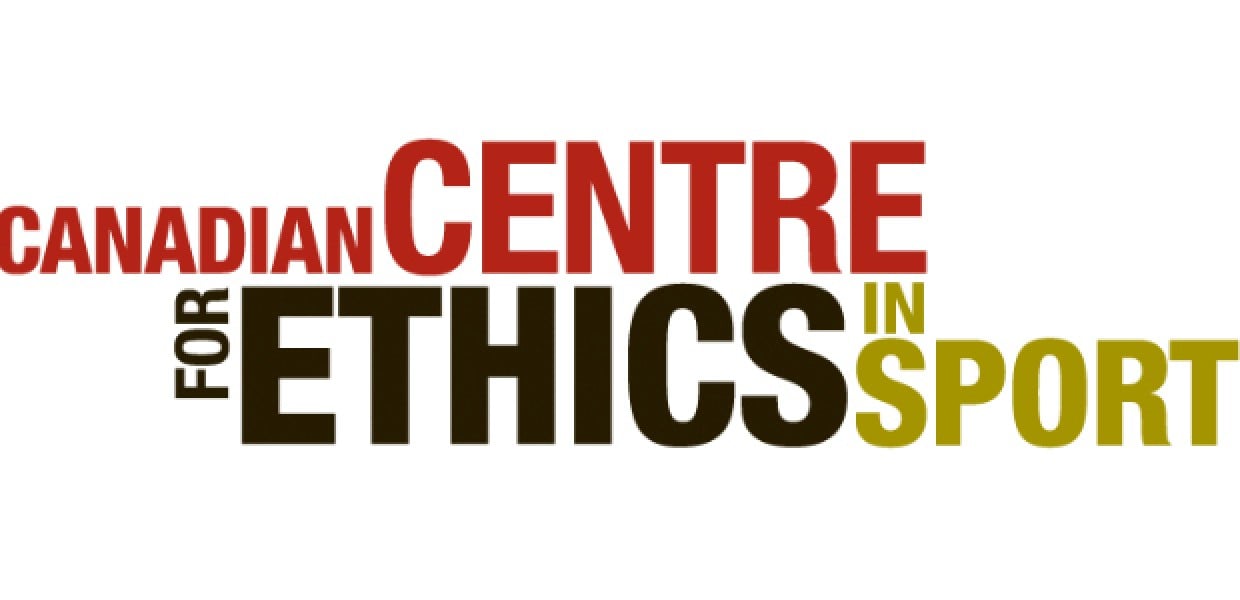
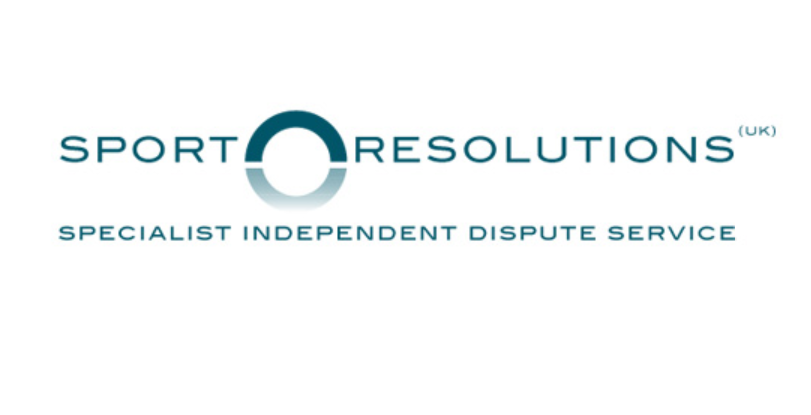


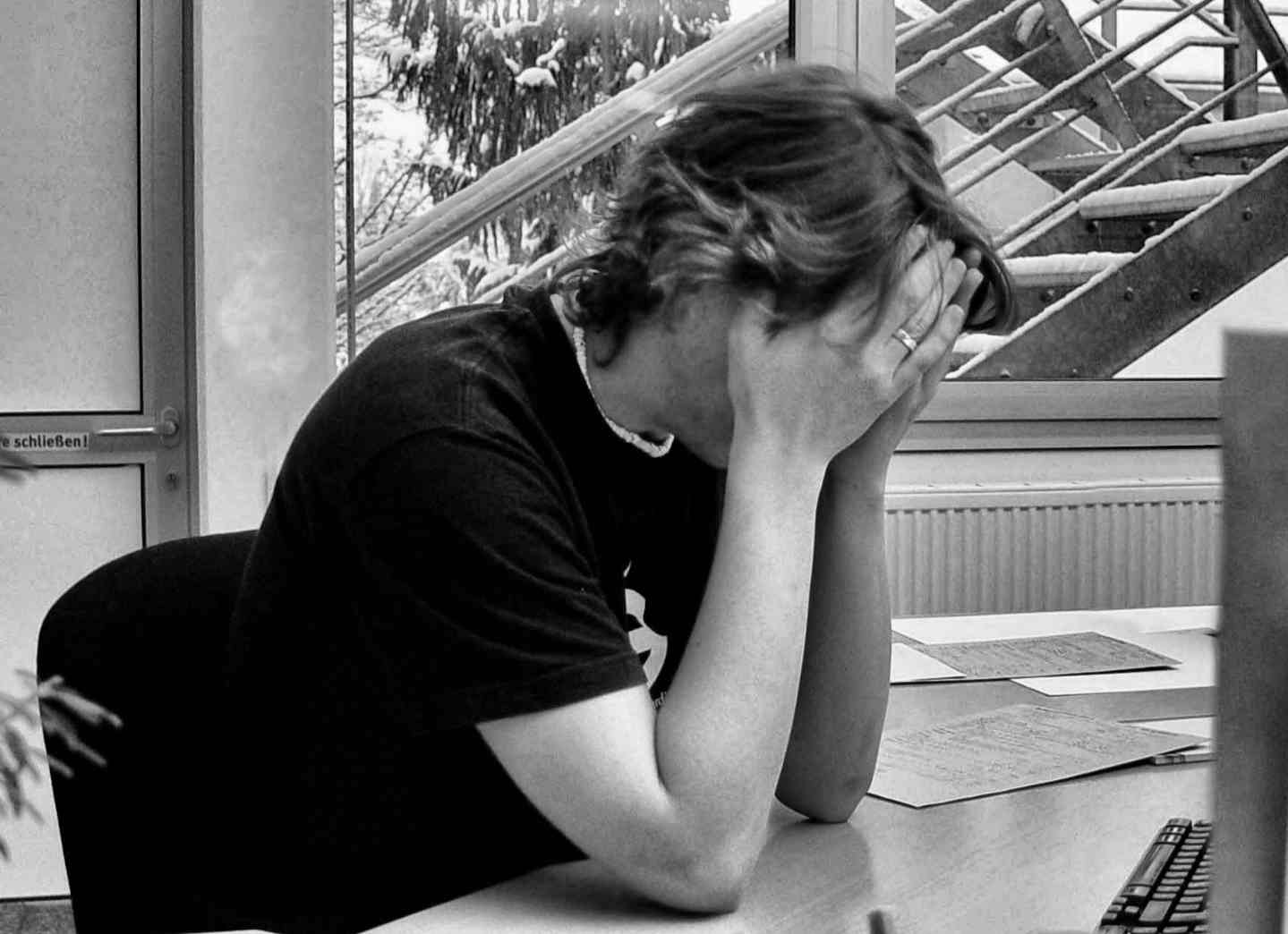



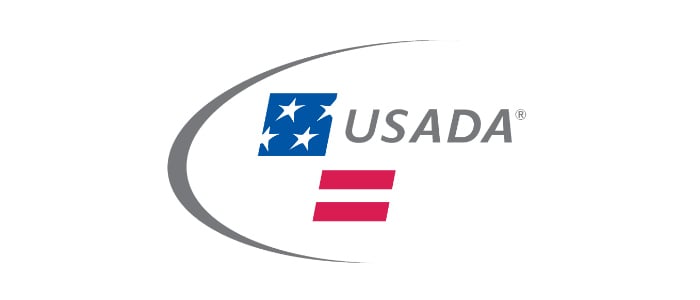

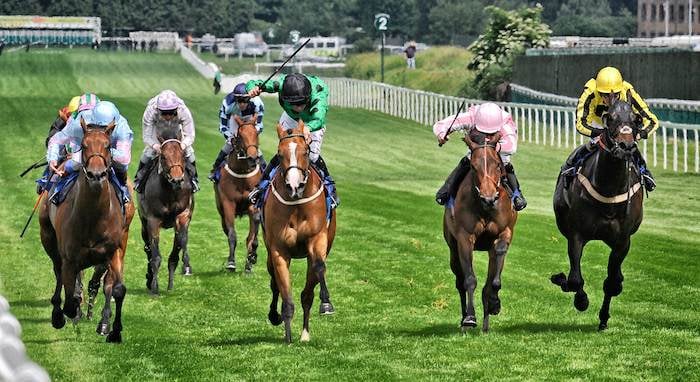
 Global Summit 2024
Global Summit 2024